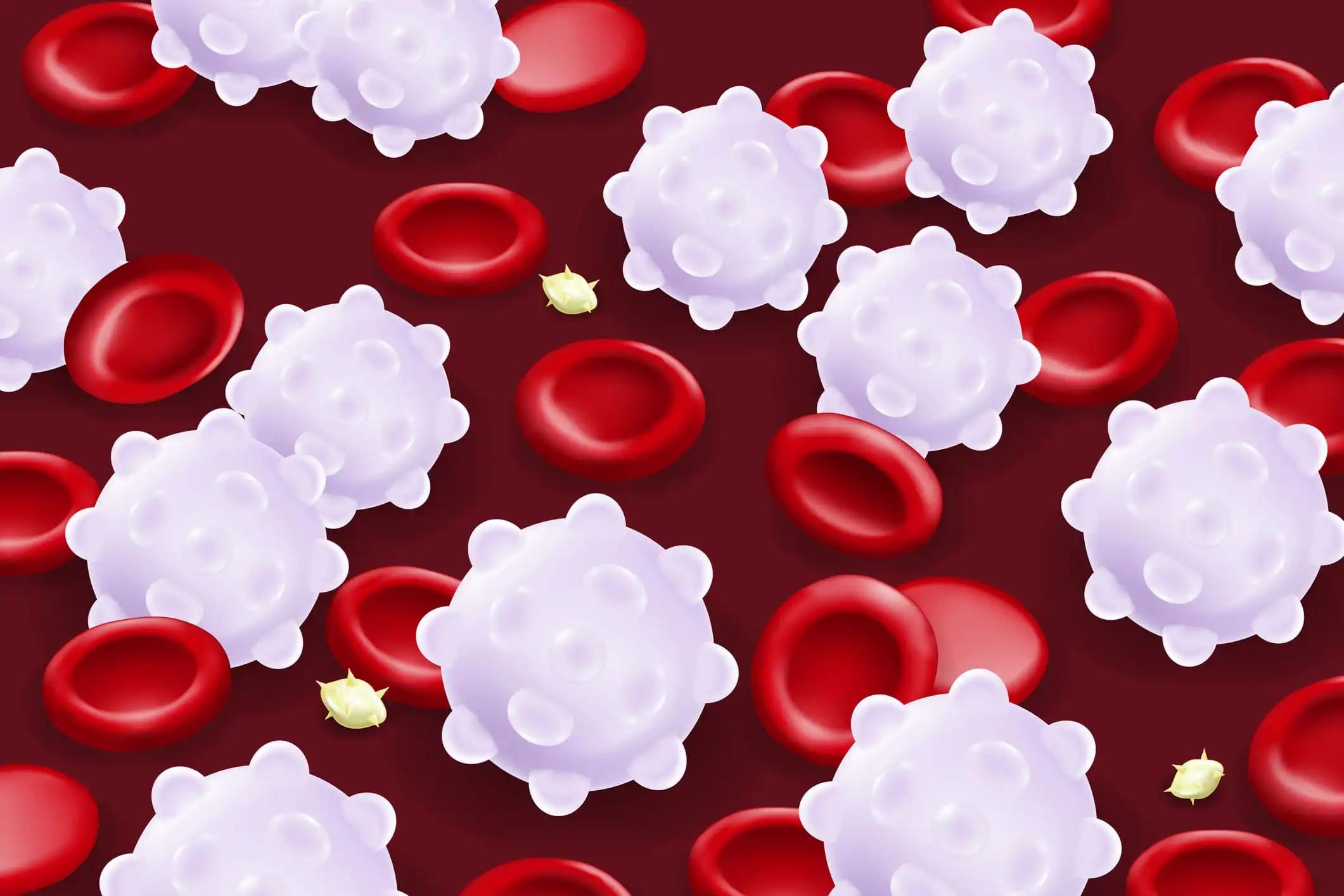KEY TAKEAWAYS
- The study aimed to identify patients information preferences to aid in creating better patient resources and support decision-making.
- Researchers noticed that customizable, subtype-specific resources could improve patient experiences and decision-making.
Hematological malignancies (leukemia or blood cancers) often have chronic, unpredictable courses, with patients undergoing ‘Watch & Wait’ periods and only receiving treatment upon progression, which may occur infrequently or multiple times. This uncertainty can lead to significant anxiety and distress.
Debra A. Howell and the team aimed to identify patients’ information preferences to support the development of future patient-facing resources. The goal is to alleviate psycho-social challenges and enhance shared decision-making processes.
They conducted a qualitative study involving in-depth interviews with 35 patients, including 10 with relatives, from a UK cohort with hematological malignancies. They selected participants based on age and disease subtype, like chronic lymphocytic leukemia (CLL) and myeloma.
They analyzed the interviews using qualitative description and thematic content analysis, which involved reading and annotating transcripts, identifying common and rare phenomena, coding the data, and developing themes to understand patient information preferences and experiences.
The results showed patients shared detailed preferences and experiences from diagnosis onward, with data spanning different diagnostic subtypes. The central theme was ‘Variations in Preferences,’ highlighting how needs varied between individuals and changed over time. Here, 5 sub-themes emerged: 1. to know or not to know? 2. Needs are dynamic 3. the polarizing issue of prognosis 4. Preferred sources and 5. Differences in content, depth, and presentation.
The study concluded that varying and dynamic information preferences suggest that resources should offer extensive choices. The development of subtype-specific “real-world clinical scenarios” could potentially enhance patient experiences and support informed shared decision-making, offering a promising future for patient care.
The study was funded by Cancer Research UK, National Institute for Health and Care Research and Blood Cancer UK.
Source: https://pubmed.ncbi.nlm.nih.gov/39163402/
Howell D. A., McCaughan D, Smith A, et al. (2024). “Information preferences of patients with chronic blood cancer: A qualitative investigation.” PloS one, 19(8), e0293772. https://doi.org/10.1371/journal.pone.0293772



